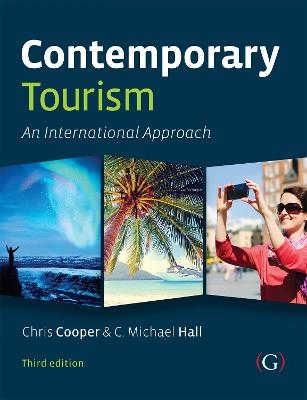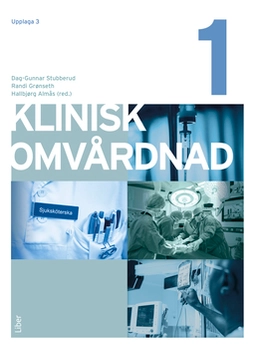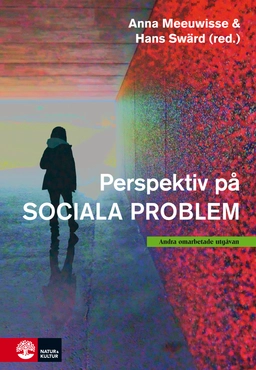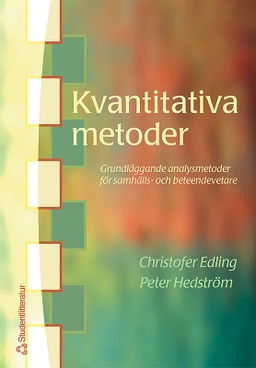The study of tourism and indeed the tourism industry is changing constantly. Now in its third edition, Contemporary Tourism: an international approach presents a new and refreshing approach to the study of tourism, considering issues such as economic, financial and environmental crisis, destination marketing, governance issues, the tourist experience and product development. In particular, it highlights the ongoing threats and opportunities faced by the tourism industry today, and discusses the related security, service and risk management strategies, illustrating the potential implications for the patterns and flow of tourism in the future. Divided into five sections, each chapter has a thorough learning structure including chapter objectives, examples, discussion points, self review questions, checklists and case studies. URL links are heavily present throughout the text so that users of both hard and electronic formats can have direct links to up to date, authoritative and annotated sources of information. Cases are both thematic and destination-based and always international.They are used to emphasise the relationship between general principles and the practice of tourism looking at areas such as business and special interest tourism and the role of technology. The five sections cover: Contemporary Tourism Systems; The Contemporary Tourist; The Contemporary Tourist Destination; The Contemporary Tourism Industry; and Tourism Futures. New to this edition: * URL links throughout the text, so that readers have access to up to date sources of information. * Brand new and updated case studies and examination of key current issues including the role of service-dominant logic in tourism businesses; tourism servicescapes; governance; impacts and environmental change; tourism and urban regeneration; the tourism value chain; tourism and crisis; researching social media; crowd-sourced strategies; the millennial tourist generation and green growth and sustainable tourism. * Substantial support for both students and teachers, both within the text itself and via web-based student and instructor resources.
Åtkomstkoder och digitalt tilläggsmaterial garanteras inte med begagnade böcker





















